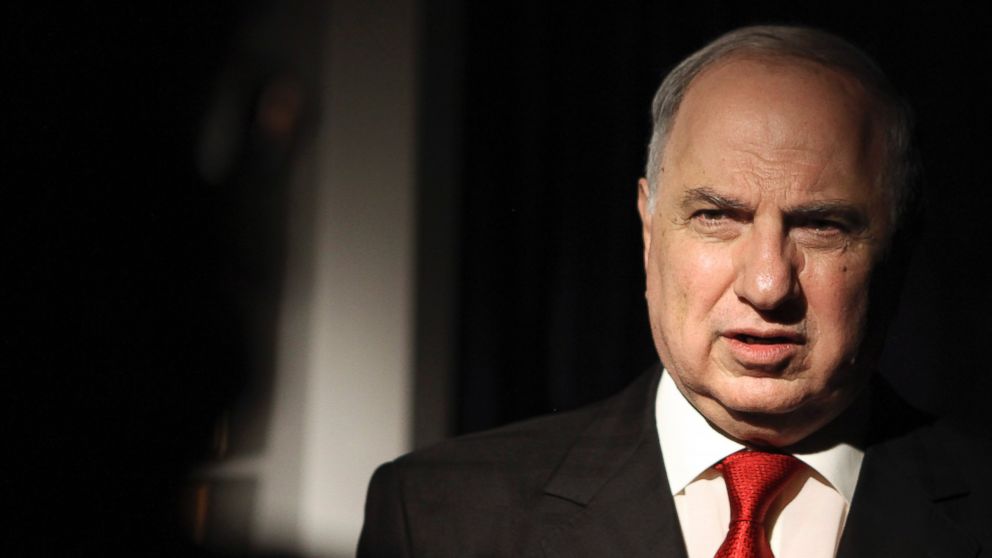How Ahmed Chalabi's Faulty Intel Altered US Course in Iraq
Chalabi died Tuesday but the policy he had a hand in shaping lives on.

— -- Ahmed Chalabi was a friend and foe to the U.S. government who played a major role in goading the Bush administration and intelligence agencies to act on false intelligence that Saddam Hussein’s regime had weapons of mass destruction and connections to al Qaeda, experts say.
Chalabi died Tuesday at age 71, having never succeeded in leading Iraq as observers say he and his supporters had hoped.
The former math professor with degrees from MIT and the University of Chicago and head of the Iraqi National Congress had been living in exile in the United States and U.K. when he became one of the first people to popularize the idea of getting rid of Hussein in the United States.
His friends included Washington’s neoconservatives: Vice President Dick Cheney, Secretary of Defense Donald Rumsfeld and Paul Wolfowitz, deputy secretary of defense.
Through his leadership of the Iraqi National Council (INC) a London-based opposition group to the Iraqi regime, Chalabi found his way into the Bush administration’s inner circle. He fed them sources and information that they wanted to hear, including claims of WMDs and idea that Hussein’s Iraq was a danger to world peace, King’s College professor George Joffe said.
He always claimed that he provided the U.S. government the best intelligence and sources the INC had.
"What he really wanted to do is become a prime minister," Joffe said.
He had to settle for being minister of oil for a short period and deputy prime minister.
Though the wealthy Shiite had only returned to Iraq to lead a failed Kurdish uprising in the mid-1990s after leaving as a 14 year old, Chalabi was known for his determination to shape the future of Iraq.
Chalabi’s political career was mired in controversy and eventual distrust of his leadership and motives. In 1992, he was tried and sentenced to prison in absentia for fraud in Jordan, which prevented him from returning to the country. After the Iraq invasion, he was also accused of providing information to Iran.
The State Department in 2002 suspended funding to the Iraqi National Congress because of doubts over the organization's accounting practices and fears that Chalabi was divisive among opposition groups, the BBC reported. By April 2003, U.S. Secretary of State Colin Powell was opposed to giving Chalabi a prominent role in Iraq’s new government, seeing him as someone who didn’t have the support of locals.
A former adviser to U.S. defense officials, Chalabi was called a liar by many. Vincent Cannistraro, a counterterrorism consultant who worked for the C.I.A, told The New Yorker,"With Chalabi, we paid to fool ourselves. It’s horrible. In other times, it might be funny. But a lot of people are dead as a result of this. It’s reprehensible."
Chalabi served as the head of the Iraqi parliament’s finance committee until his death.
"He was always close to power,” professor Joffe said, “but never actually able to capture it.”




